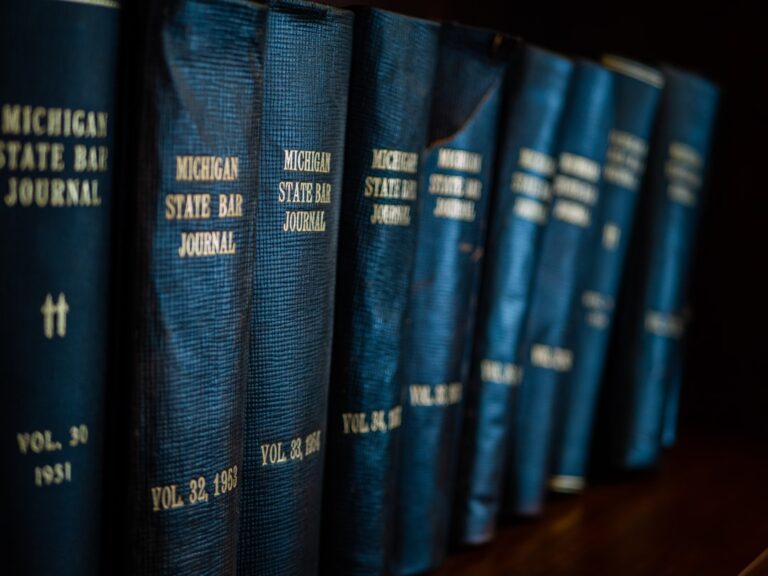DNA testing is a critical tool in Colorado's rape law firms, offering definitive evidence for justice. Strict guidelines govern collection and analysis, ensuring accuracy and protecting rights. A reputable rape law firm guides victims through complex procedures, leveraging DNA's power to identify perpetrators and bring closure under Colorado's stringent rape law provisions.
In Colorado, DNA testing plays a pivotal role in advancing justice in sexual assault cases. This article delves into the intricate process and legal framework surrounding DNA testing rights in Pueblo’s sexual assault investigations. We explore Colorado’s rape law provisions and the crucial role of a specialized rape law firm in navigating complex DNA evidence collection and interpretation. By highlighting best practices, we aim to enhance the accuracy and effectiveness of justice for victims.
Understanding DNA Testing in Sexual Assault Cases

DNA testing has become a powerful tool in sexual assault investigations, offering potential for justice and closure. In Colorado, where rape law firms often navigate complex legal landscapes, understanding this technology is essential. When properly collected and analyzed, DNA evidence can provide irrefutable proof of culpability or exonerate the innocent, which is why it’s crucial in rape cases. This scientific method identifies unique genetic markers, ensuring that any connection between the victim and attacker is definitive.
The process involves taking samples from various sources, such as bodily fluids or skin cells, which are then compared using advanced techniques. This evidence can be collected during medical examinations immediately after the assault, increasing its reliability. With the help of a reputable rape law firm in Colorado, victims can navigate this intricate legal procedure, ensuring their rights are protected while seeking justice through DNA testing’s precise and objective nature.
Legal Framework: Colorado's Rape Law Provisions

In Colorado, the legal framework regarding sexual assault investigations is governed by the state’s rape law provisions. A prominent aspect of these laws is the right to collect and test DNA evidence, which has become an indispensable tool in pursuing justice for victims. The state has implemented stringent guidelines ensuring that DNA testing procedures are conducted ethically and accurately. These guidelines cover various stages, from the initial collection of evidence at the crime scene to the storage and analysis of samples by a rape law firm Colorado-based laboratory.
The Colorado rape laws also emphasize the importance of prompt processing to preserve the integrity of DNA evidence. This includes strict time limits for collecting and testing samples, ensuring that the rights of both victims and suspects are protected. Furthermore, the state has established specific protocols for handling and storing DNA data, preventing any potential contamination or unauthorized access. These measures reflect a comprehensive approach by Colorado’s legal system to utilize DNA technology effectively while upholding the integrity of sexual assault investigations.
The Role of a Rape Law Firm in DNA Testing

In sexual assault cases, a rape law firm in Colorado plays a pivotal role in ensuring justice and advocating for the rights of survivors. These specialized legal professionals are experts in navigating complex laws and procedures surrounding DNA testing, which is a powerful tool in proving or dispelling allegations of sexual violence. When a client reaches out to a rape law firm for assistance, attorneys dedicatedly guide them through every step of the legal process.
A rape law firm’s expertise includes assisting with obtaining search warrants for DNA evidence from various sources, such as suspects, crime scenes, or previous investigations. They ensure that all procedures are followed accurately to maintain the integrity of the evidence, which is crucial for court cases. Moreover, these firms educate survivors about their rights and options regarding DNA testing, providing them with peace of mind and a sense of control over the process.
Enhancing Justice: Best Practices for DNA Evidence

In the pursuit of justice, especially in cases of sexual assault, DNA evidence stands as a powerful tool. For a rape law firm in Colorado, understanding best practices for handling and utilizing this evidence is paramount. Promptly collecting and preserving DNA samples from crime scenes can significantly enhance the chances of identifying perpetrators and providing closure to victims.
Effective strategies involve ensuring proper training for investigators to handle biological evidence without contamination, using standardized protocols for collection, and maintaining meticulous records. These measures not only safeguard the integrity of the evidence but also strengthen the case in court, ultimately leading to more accurate and swift justice for sexual assault victims under Colorado’s rape law.





